The Vatican’s Rebuke, Trump’s Resolve, and the Price of Hypocrisy
- Oct 8, 2025
- 4 min read

By Joseph Bonner White House Correspondent | Court Magazine
In a rare and pointed rebuke, Pope Leo XIV—the first U.S.-born pontiff—has publicly criticized President Donald Trump’s immigration crackdown, calling it “inhumane” and questioning its alignment with Catholic pro-life teachings. The comments, delivered on September 30 and reiterated during a mass in St. Peter’s Square on October 5, have sparked global debate about the intersection of faith, governance, and human dignity.
“Someone who says ‘I am against abortion’ but agrees with the inhuman treatment of immigrants in the United States—I don’t know if that’s pro-life,” Pope Leo stated during a press briefing outside his residence in Castel Gandolfo 1.
“Immigrants should not be treated with the coldness of indifference or the stigma of discrimination,” he added during Sunday’s mass, urging Catholics to “open our arms and hearts to them” 2.
Trump’s Immigration Policy: Motive and Measures
President Trump’s 2025 immigration directives include:
The administration defends these actions as necessary to uphold national security and fulfill campaign promises. White House spokesperson Abigail Jackson stated, “He is keeping his promise to the American people” 6.
Legal analysts argue that some measures—such as the birthright citizenship rollback—may conflict with the Fourteenth Amendment and international human rights conventions.
However, supporters view Trump’s approach as a strategic recalibration of immigration law in favor of sovereignty and public safety.
Human Rights Accusations: Church and State
While the Pope’s condemnation has drawn attention to U.S. policy, critics note that the Catholic Church itself faces mounting allegations of human rights violations globally:
In Nigeria, Burkina Faso, and India, Christian communities have suffered persecution, often under regimes that weaponize religious laws 7.
While the Church is largely seen as a victim, there are accusations of institutional silence or complicity by the Catholic church. Those accusations include but are not limited to:
Failure to speak out boldly against government inaction or corruption, especially when Christian communities are under siege.
Limited transparency in reporting abuses or supporting displaced populations.
Some critics argue that the Church’s diplomatic ties and cautious approach have enabled impunity, especially in regions where bishops are reluctant to confront state actors.
The church's actions enable multiple human rights violations:
Article 18 of the Universal Declaration of Human Rights: Freedom of religion and belief
International Covenant on Civil and Political Rights (ICCPR): Protection from persecution based on faith
Convention Against Torture: Prohibits cruel treatment, including religiously motivated violence
Additional Human Rights Accusations
The Church's silence and suppression have resulted in a mounting human rights crisis globally. Aid to the Church in Need reports that religious freedom is violated in nearly one-third of the world’s countries, affecting over 4.9 billion people 8.
Consequences of Condemning a Sovereign Nation
Diplomatic experts warn that the Vatican’s stance on US immigration could strain relations with the U.S., a nation that has historically supported religious freedom and humanitarian aid. Some conservative Catholics expressed concern that the Pope’s remarks politicize the pulpit and alienate American believers.
“Is he going to ruffle the feathers of American conservatives? Yes,” said Elise Allen, biographer of Pope Leo 10.
Upholding Civic Order in Turbulent Times
While views on immigration policy may differ, there is wisdom in recognizing the authority of the presidency and aligning with the rule of law—even when one disagrees with the individual in office. In a polarized world, national unity begins with respect for lawful institutions and the constitutional framework that governs them.
President Trump’s actions, according the the White House, reflect a broader motive: to safeguard American sovereignty, enforce legal standards, and prioritize national interests. Whether one supports or challenges his approach, affirming the legitimacy of elected leadership is essential to maintaining civic order and institutional stability.
“Bold leadership often invites criticism,” said Cardinal Michael Czerny. “But it also demands discernment and lawful alignment from those it governs.”
Lawful alignment is not blind allegiance—it is a commitment to the principles that hold a nation together. In times of tension, it is this alignment with legal authority that prevents disorder and sustains democracy.
Final Reflection
The Vatican’s condemnation of President Trump’s immigration policy has stirred global debate—but it also raises uncomfortable questions. While the Church positions itself as a “claimed” moral authority on human dignity, it faces mounting allegations of human rights violations across multiple continents. From documented abuses in Latin America and Europe to its silence amid persecution in Africa and Asia, the Church’s credibility is non existent..
To publicly rebuke a sovereign nation while failing to confront its own institutional failures is hypocritical. In fact, the Church’s global influence increasingly depends on stable alliances with nations like the United States—where religious freedom is protected and humanitarian aid is robust. In this light, it’s clear: the Church needs President Trump far more than President Trump needs the Church.
The Church must confront its own contradictions before casting judgment.
.png)
.jpg)

























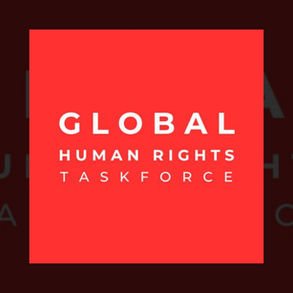



















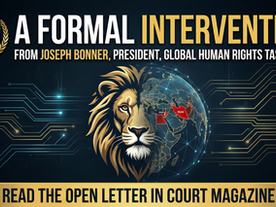
































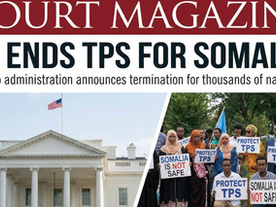







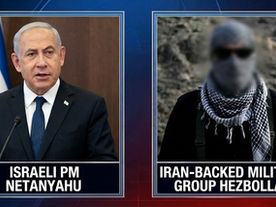

























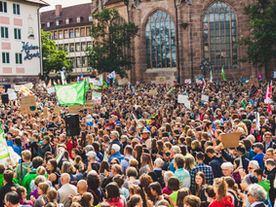

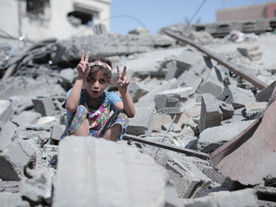












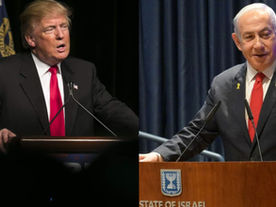




Comments